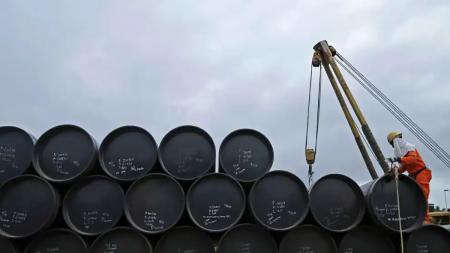The sanctions ordered by the European Union (EU) on imports of Russian oil began to apply from this Monday, with the prohibition of purchases from Moscow by sea and also the veto for European shipping companies and insurers to transport to third countries if they sells above 60 euros a barrel.
Russia’s oil exports are enormously important worldwide since after Saudi Arabia, it is the world’s second largest exporter of crude oil.
In 2021, close to half of these exports were destined for Europe.
The EU is the largest supplier of ships and insurers in the transport of hydrocarbons, which is why it is so important to prevent European tankers from allying with countries like China or India if they do not accept the price cap.
The weight of Europe can serve to put pressure on the international market, but not everyone believes that it will work, at a time when the Brent rate is trading below 60 dollars.
For his part, The Kremlin assured that it will try to “prohibit” the sale of oil below 60 euros even if it meant cutting oil production.
The market is facing very volatile prices and analysts believe that if China recovers from the Covid-19 health crisis, demand would recover and prices would rise again.


















